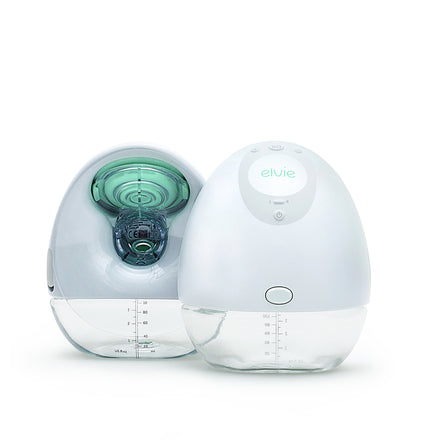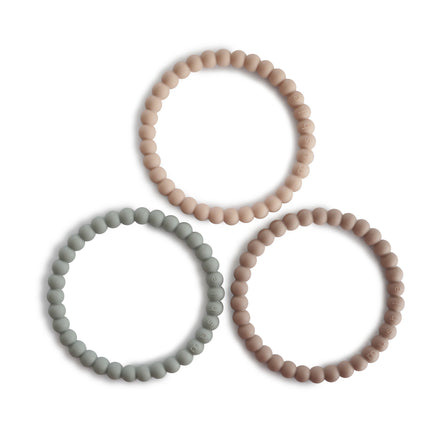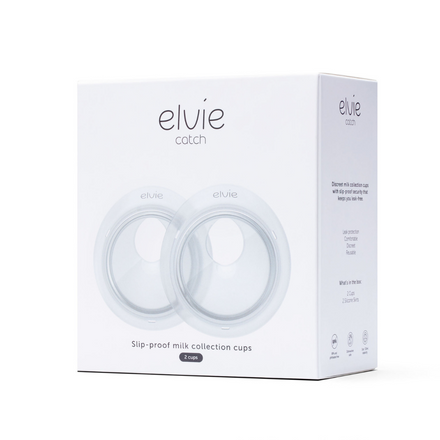Can I keep breastfeeding my teething baby?
“Can I keep breastfeeding once my baby begins teething?” is a common question I get asked.
The answer is of course! All babies are different. Very few babies are born with teeth already erupted through their gums, on average it is around 6 months, while others are 1 year and beyond.
Teething can present some new challenges: sometimes when babies are teething the baby may appear unhappy or fussy at the breast, and on other occasions breastfeeding can help sooth a baby in those fussy times.
When a baby is breastfeeding, their tongue extends beyond the bottom gum to draw in the nipple, which helps cushion the nipple from the edges of the new baby teeth.
Signs of teething
Many parents report babies clamping down onto the breast. This is when their teeth are preparing to erupt from their gums, therefore they often clamp down onto the breast to help sooth them, however this is the pain the mother may feel.
Excessive dribbling
A baby’s cheeks may also appear flushed and red, and they may have a rash around their chin or mouth.
Loose stools
A baby’s poo may appear runnier than usual, which in turn may irritate the skin more and as a result may lead to them developing nappy rash. The baby may also chew their fingers and fists, as well as wake up more frequently in the night, and some parents even report their baby having a slightly raised temperature.
How to cope:
Specially designed teething toys may give some relief to your baby’s gums. You can also try massaging the gums, but if the sore spot is further back in the gums it may be worth considering a ‘first toothbrush’ or something similar (without bristles) a baby teether/ring, or even a wet washcloth which can help relieve your baby’s gums. It is important that you do not use anything that could be easily removed and become a choking hazard. If your baby is eating solid foods, you can give them hard foods to chew on, however it is important to supervise your baby when they are chewing food. Furthermore, you could also try freezing some food, breastmilk lollies, plain yogurt lollies or even bananas.
If sore gums are interfering with your baby’s feeding and latch, it is essential to keep an eye on your baby’s latch. Avoid anything frozen before feeding as this may interfere with the latch. If your baby is refusing the breast, don’t try and force them. You may need to express your breast milk to keep up your supply, and maybe offer in a bottle or a cup. Once your baby’s symptoms subside you can return to offering the breast as normal.
If your baby starts to bite or clamp down onto the breast – remember they are not trying to hurt you and they won’t understand that they are causing you pain. In addition, you do not need to stop breastfeeding when your baby has teeth as the World Health Organisation (WHO) recommends 2 years or more of breastfeeding.
Try and find out why your baby is biting: is your baby teething? Do they have a cold or a blocked nose? Do they want your attention? Is your baby distracted when feeding? Has the milk flow slowed down? Or is your baby in a comfortable position?
If your baby bites during feeding, your instinct will be to shout and to instantly pull the baby off the breast. However, it is not the most effective way of responding. If your baby does indeed bite during a feed, instead respond immediately and say firmly ‘No’ or say their name. If they continue to hold on, bring the baby closer to you immediately as the breast covers their nose they will automatically open their mouth to be able to breathe (whereas your instinct will be to move the baby away from the breast).
It is not advisable to use numbing remedies, as this can affect the way the baby breastfeeds and cause poor attachment. It is also advisable not to use homeopathic remedies such as teething tablets or gels because they are a hazard to babies. However, amber or hazelwood necklaces are often recommended for use on teething babies because there is no evidence that the products diminish teething pain. But it must be stressed they must be used with caution as the necklaces are both a choking and strangulation hazard.
Many women continue through the teething and biting phases of the breastfeeding journey, and some choose to stop altogether. If you choose to no longer breastfeed, it is important that you seek help and do not stop breastfeeding abruptly. Reducing the time feeding is important, and this can be done by either reducing the length or frequency of feeding, or by expressing to soften the breast not too empty (for your own comfort). This should be done over a few days to reduce the risk of engorgement or mastitis. Stopping breastfeeding gradually is important for your own comfort and well-being.
If you are experiencing any problems when you are feeding your teething/biting toddler seek support from your local infant feeding team or breastfeeding support groups.




